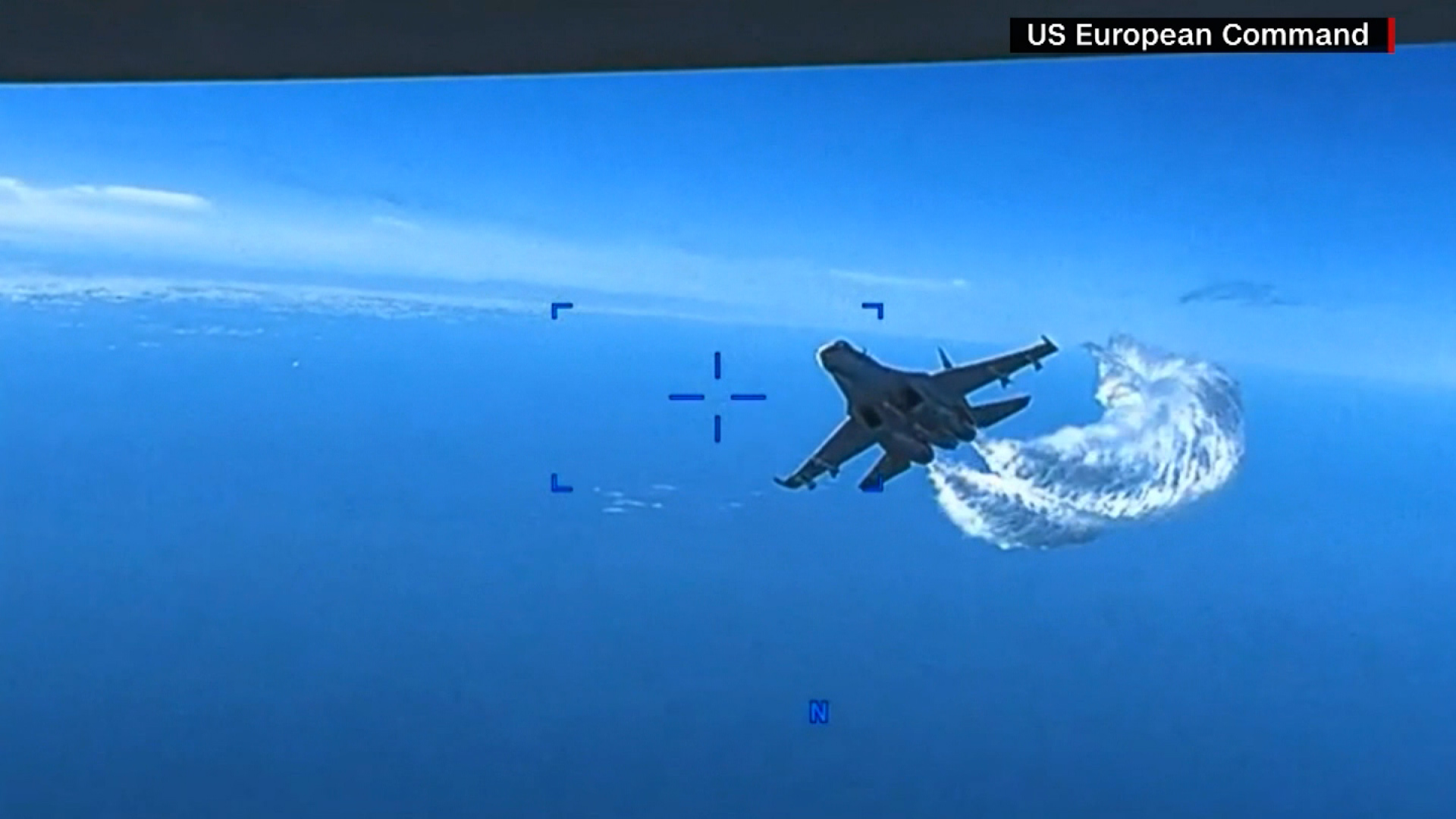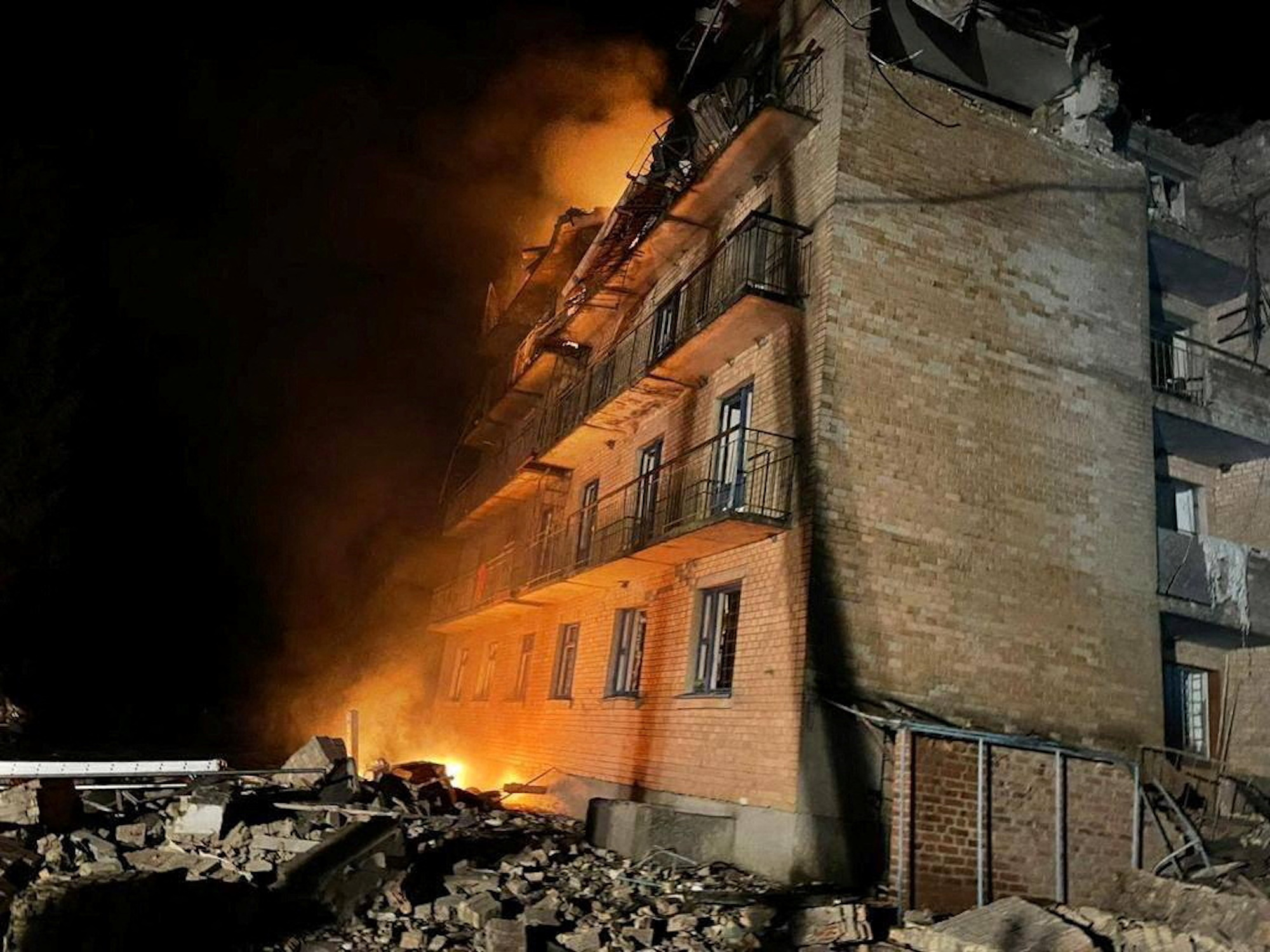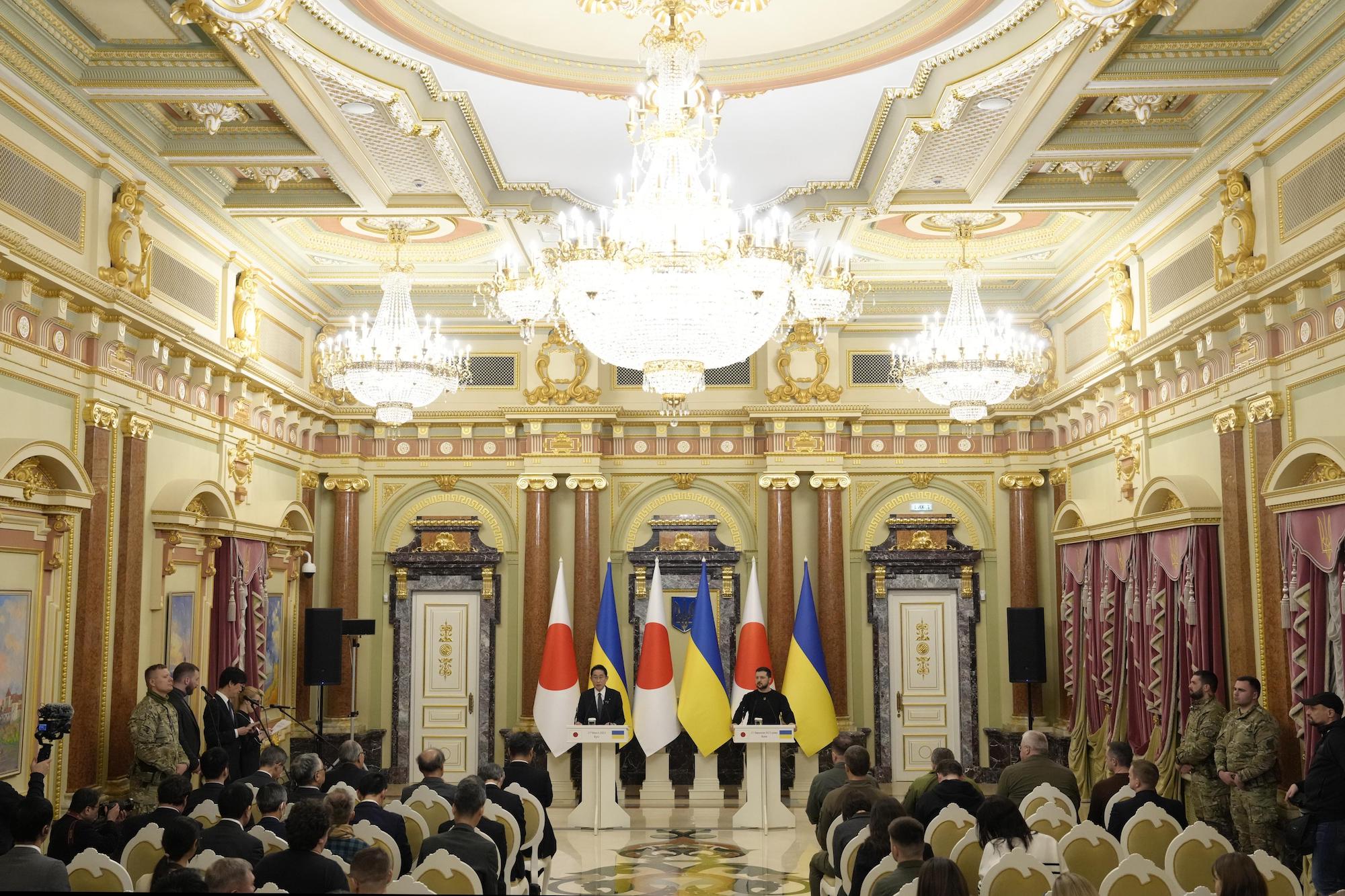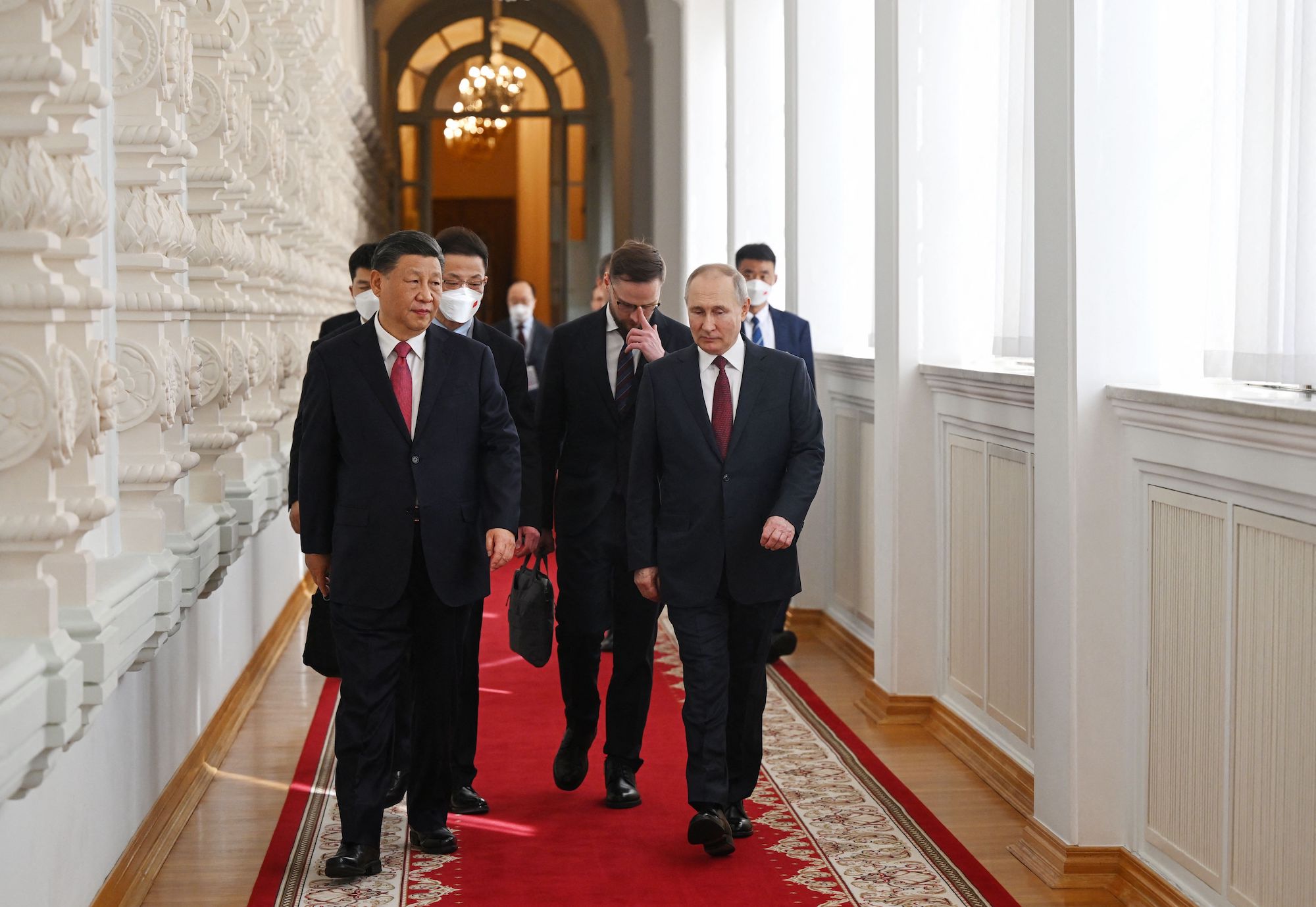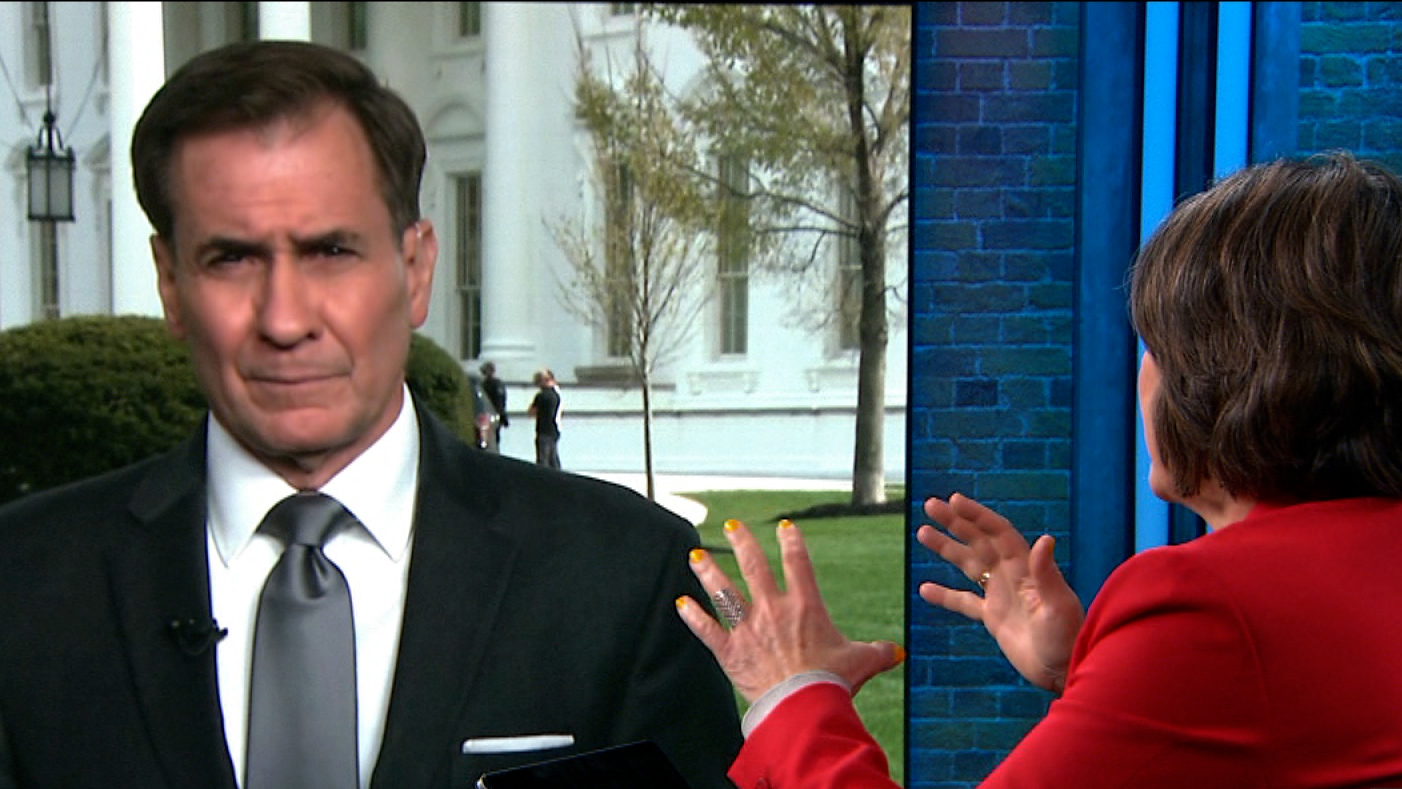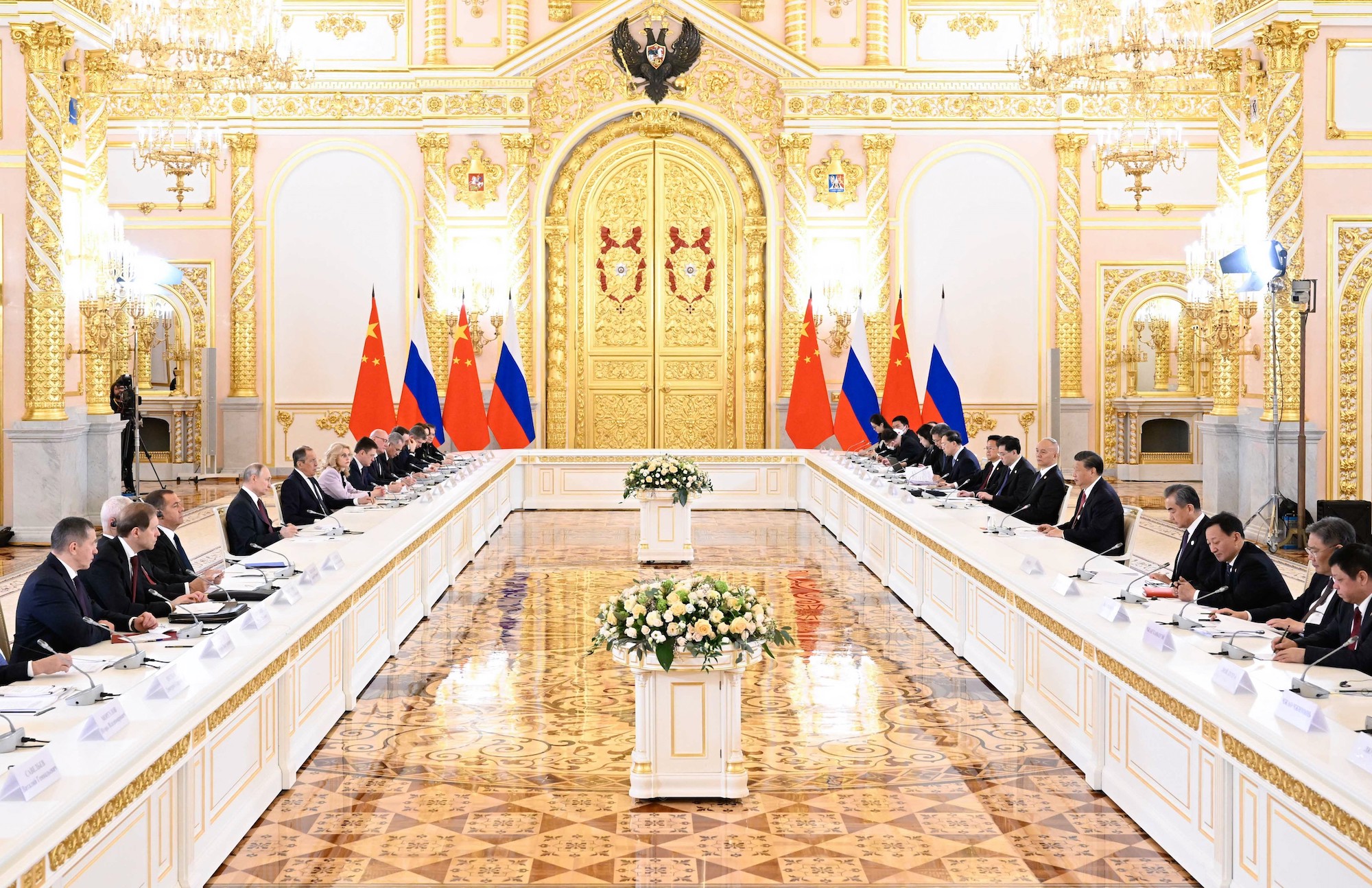
Chinese leader Xi Jinping and Russian President Vladimir Putin have made a sweeping affirmation of their alignment across a host of issues — and shared mistrust of the United States — in a lengthy statement following talks between the two leaders in Moscow this week.
Their meeting, which took place under the shadow of Russia’s onslaught in Ukraine, left no question about Beijing’s commitment to developing its rapport with Moscow, despite Putin’s growing isolation on the global stage as its devastating war continues into its second year.
Here's five takeaways:
- No meaningful path forward on Ukraine: The meetings yielded no breakthrough on resolving the conflict. Both leaders called for the cessation of actions that “increase tensions” and “prolong” the war, according to their joint statement released by China’s Foreign Ministry. The statement did not acknowledge that Russia’s invasion and military assault were the cause of ongoing violence and the humanitarian crisis in Ukraine.
- New world order and alignment against the US: Experts say China and Russia’s inclination to build their alignment against the US — and a world order more suited to their own more autocratic agendas — was driving the meeting, not interest in resolving the war in Ukraine. As Xi left the Kremlin following a state dinner on Tuesday with Putin, his parting message reiterated his view that global power dynamics are shifting. “Together, we should push forward these changes that have not happened for 100 years. Take care,” he said during a goodbye handshake with Putin, alluding to what Xi sees as an era where the West is fading and China is ascendant.
- "Military mutual trust" and defense ties: Perceived threats from bodies like NATO and AUKUS — a security pact comprised of Australia, the United Kingdom, and the United States — emerged as clear focus for both leaders, including their implications on Asia. Xi and Putin both expressed “serious concerns” in their joint statement about NATO’s “continuous strengthening of military-security ties with Asia-Pacific countries” and said they “oppose external military forces undermining regional peace and stability.”
- Economic and energy boost: Putin said Tuesday that Moscow was ready to support Chinese business “replacing Western enterprises” that left Russia since the start of his invasion of Ukraine. Russia has grown increasingly reliant on China as both an import market and an exporter of electronics after being slapped with sweeping sanctions.
- Divided world: The optics of the Moscow summit was a deep contrast to the coinciding meeting in Ukraine between President Volodymyr Zelensky and Japanese leader Fumio Kishida . Zelensky praised Kishida and other leaders who have visited as “showing respect” not only for Ukraine but “for the preservation and functioning of civilized rules and civilized life in the world.”
Read more here.
